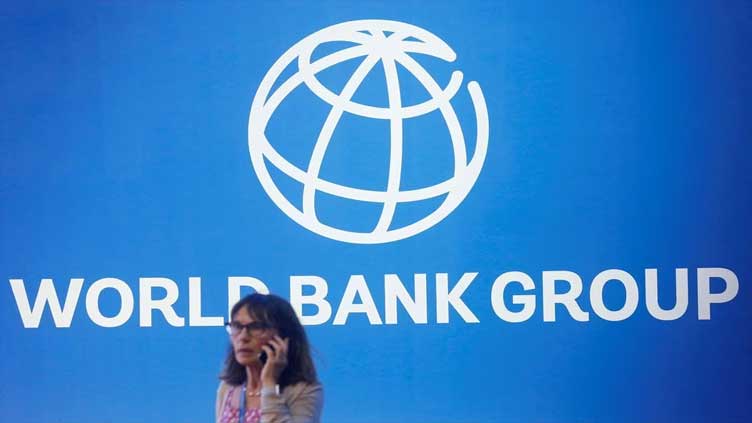World Bank cuts Pakistan's GDP forecast on rising rates, limited fiscal space

Business
World Bank cuts Pakistan's GDP forecast on rising rates, limited fiscal space
NEW DELHI (Reuters) - The World Bank sharply lowered Pakistan's current year growth forecast, saying the country's economic growth prospects have weakened due to tighter financial conditions and limited fiscal space.
The World Bank now expects Pakistan's economy to grow 0.4% in the current year, from its October forecast of 2% growth. The bleaker forecast assumes an agreement is reached with the International Monetary Fund for bailout funds, it said.
Pakistan's fiscal year starts from July and runs through June. Pakistan expects its economy to grow 2% in FY23, however, the country's central bank chief said in January the growth forecast could face downward pressure.
The South Asian nation has been in economic turmoil for months with an acute balance of payments crisis while talks with the IMF to secure $1.1 billion funding as part of a $6.5 billion bailout agreed in 2019 have not yet yielded fruit.
Lower economic output and high prices in Pakistan have led to stampedes and looting at flour distribution centres set up across the country.
"Elevated global and domestic food prices are contributing to greater food insecurity for South Asia's poor who spend a larger share of income on food," the bank said.
The World Bank lowered its 2023 regional growth forecast to 5.6% from 6.1% in October.
"Rising interest rates and uncertainty in financial markets are putting downward pressure on the region's economies," the report said.
Most countries have raised interest rates at a rapid pace since the war in Ukraine last year lead to choking supply chains and stoked inflation globally.
The World Bank forecast Sri Lanka's economy will contract by 4.3% this year, reflecting the lasting impact of the macro debt crisis, with future growth prospects heavily dependent on debt restructuring and structural reforms.
Sri Lanka follows the calendar year. In January, President Ranil Wickremesinghe said Sri Lanka's economy could contract by 3.5% or 4.0% in 2023 after shrinking 11% last year.
Inflation in South Asia is set to fall to 8.9% this year, and to below 7% in 2024, the World Bank said.
The World Bank also lowered its forecast for India's economic growth in the current fiscal year that started on April 1 to 6.3% from 6.6% as it expects higher borrowing costs to hurt consumption.

